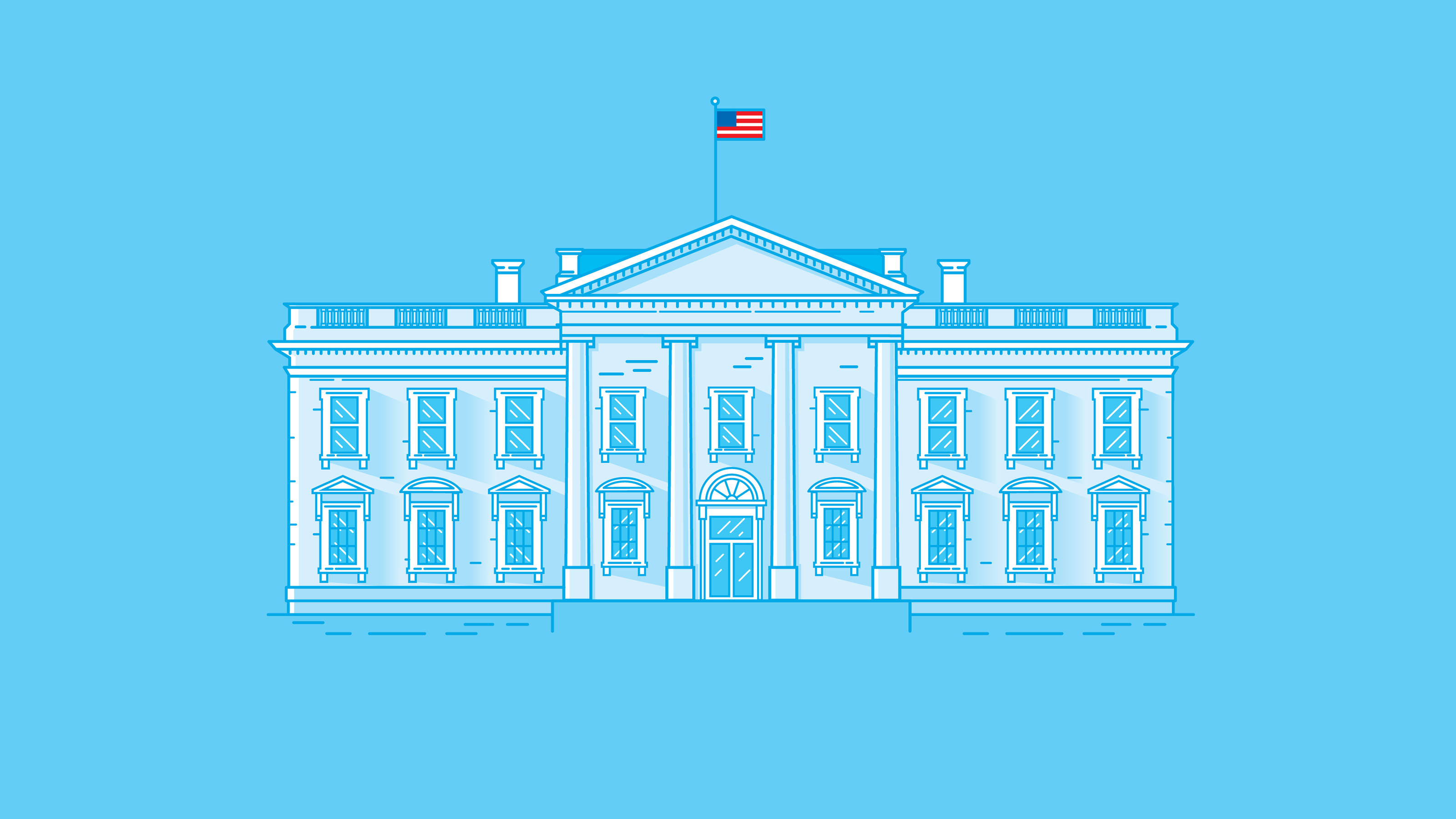A Safer Way to Invest in Emerging Markets
Bond funds offer a relatively low-risk way to invest in fast-growing developing nations. They’ll also profit from a falling dollar.

Profit and prosper with the best of Kiplinger's advice on investing, taxes, retirement, personal finance and much more. Delivered daily. Enter your email in the box and click Sign Me Up.
You are now subscribed
Your newsletter sign-up was successful
Want to add more newsletters?

Delivered daily
Kiplinger Today
Profit and prosper with the best of Kiplinger's advice on investing, taxes, retirement, personal finance and much more delivered daily. Smart money moves start here.

Sent five days a week
Kiplinger A Step Ahead
Get practical help to make better financial decisions in your everyday life, from spending to savings on top deals.

Delivered daily
Kiplinger Closing Bell
Get today's biggest financial and investing headlines delivered to your inbox every day the U.S. stock market is open.

Sent twice a week
Kiplinger Adviser Intel
Financial pros across the country share best practices and fresh tactics to preserve and grow your wealth.

Delivered weekly
Kiplinger Tax Tips
Trim your federal and state tax bills with practical tax-planning and tax-cutting strategies.

Sent twice a week
Kiplinger Retirement Tips
Your twice-a-week guide to planning and enjoying a financially secure and richly rewarding retirement

Sent bimonthly.
Kiplinger Adviser Angle
Insights for advisers, wealth managers and other financial professionals.

Sent twice a week
Kiplinger Investing Weekly
Your twice-a-week roundup of promising stocks, funds, companies and industries you should consider, ones you should avoid, and why.

Sent weekly for six weeks
Kiplinger Invest for Retirement
Your step-by-step six-part series on how to invest for retirement, from devising a successful strategy to exactly which investments to choose.
The U.S. and other developed nations are just beginning to crawl out of a brutal recession. But most emerging markets are growing -- some rapidly. For example, China reported on October 21 that its economy grew 8.9% in the third quarter compared with the same period in 2008. In fact, all of the world’s economic growth this year is expected to come from developing nations.
Unfortunately, that’s hardly a secret. Year-to-date through October 22, the MSCI Emerging Markets index surged 74%. I still like these stocks over the long term (see Is It Too Late to Buy Emerging Markets?), but the higher they climb, the greater the risk of a wicked selloff.
Given the big gains in emerging-markets stocks, you may want to consider their first cousins, developing-markets bonds, instead. A couple of funds, notably Pimco Emerging Local Bond D (symbol PLBDX), invest almost exclusively in emerging-markets debt denominated in local currencies. These bonds are somewhat riskier than dollar-denominated bonds but offer potentially richer rewards -- particularly if the dollar continues its decline.
From just $107.88 $24.99 for Kiplinger Personal Finance
Become a smarter, better informed investor. Subscribe from just $107.88 $24.99, plus get up to 4 Special Issues

Sign up for Kiplinger’s Free Newsletters
Profit and prosper with the best of expert advice on investing, taxes, retirement, personal finance and more - straight to your e-mail.
Profit and prosper with the best of expert advice - straight to your e-mail.
Michael Gomez, who manages the Pimco fund, is enthusiastic about the prospects for emerging markets. "They’re undergoing a long-term maturation in terms of the strength of their institutions, their commitment to market-oriented policies and their abilities to navigate a very unsettled market environment," he says. "They’ve learned a lot from their past crises."
Traditionally, most emerging-markets bonds have been denominated in greenbacks. Thus, you could -- and still can -- buy a Brazilian bond denominated in dollars. The idea was that denominating the bond in dollars would lower the risk of losing money because of a plunge in the value of an emerging nation’s economy, not an unusual occurrence. In 1997–98, for example, collapsing currencies in Asia and Russia triggered meltdowns in emerging markets. Dollar-denominated bonds are subject to U.S. regulation, which provides an additional layer of protection.
But nowadays, the shoe is on the other foot. The dollar is the currency everyone seems to hate (see How to Profit From the Dollar's Descent) as concerns mount about the U.S.’s massive national debt and the prospects of huge deficits as far as the eye can see. That adds to the allure of emerging-markets bonds. "More and more of these countries have been financing themselves and developing local bond markets," Gomez says.
As recently as a decade ago, emerging markets contributed only a small share to global gross domestic product. Today, more than 25% of global GDP comes from emerging markets -- and they’re increasingly the world’s growth engines. "Emerging markets are now large enough to matter," Gomez says. "They’ve developed enough of a middle class that they have their own legs to stand on."
I’ve been a fan of emerging markets since Mark Mobius, manager of Templeton Developing Markets, a stock fund, visited Kiplinger’s offices in 1994. Since then, I’ve heard a lot of happy talk from earnest, intelligent people like Mobius and Gomez.
The bottom line: I buy the story -- long term. But don’t expect to go near this sector without suffering occasional knockdowns. Last year, emerging-markets advocates were peddling the notion of "decoupling" -- the idea that emerging-markets stocks would hold up even as developed markets plunged. Instead, the MSCI Emerging Markets index plummeted 53% in 2008 (compared with a 37% decline for Standard & Poor’s 500-stock index).
Decoupling remains a myth. When U.S. markets dive, as they inevitably will, emerging-markets stocks and bonds are likely to fall further and faster.
But the world is changing. China, Brazil, India and other emerging markets aren’t just big exporters whose main purpose is to sate ravenous American consumers. More and more, what was once called the third world is developing middle classes who want to live the good life and increasingly can afford to buy their own imports. In the long run, we’ll all benefit from this development.
In light of the growing importance of these rapidly expanding economies, it makes sense to invest in both their stocks and their bonds. For long-term investors, I’d allocate 5% to the Pimco bond fund and 10% to a good emerging-markets stock fund, such as T. Rowe Price Emerging Markets (PRMSX). Like emerging-markets stocks, developing-markets bonds should continue to thrive so long as the underlying economies continue to excel, a development that should push up the value of their currencies relative to the dollar. That trend is likely to continue for many years.
The Pimco fund is relatively new, but the results thus far are encouraging. In 2008, it lost 11% -- a sizable loss for a bond fund even last year -- but not bad when measured against the fund’s potential for yield and appreciation. (In 2007, an institutional version of the fund returned 12%.) So far this year through October 22, the fund gained 28.5%.
The yield on the Pimco fund, currently 5.2%, makes it more attractive than a pure currency fund. Sponsors have launched a blizzard of new exchange-traded funds designed to benefit from a fall in the dollar or a rise in emerging-markets currencies. But currency funds are a zero-sum game -- for every winner, there has to be a loser. When you invest in emerging-markets bonds, you earn income, too. Of course, the bonds -- and the funds that own them -- will suffer when interest rates rise. If rates on similar bonds rise one percentage point, the Pimco fund’s price should decline about 5%. Another negative: The fund’s annual expense ratio of 1.35% is on the high side.
Still, when you plug the Pimco fund into a well-balanced portfolio of stocks and bonds, you’ll find that it lowers the volatility of your investments. Over the long term, it should also boost returns. You can’t beat a combination like that.
Profit and prosper with the best of Kiplinger's advice on investing, taxes, retirement, personal finance and much more. Delivered daily. Enter your email in the box and click Sign Me Up.

-
 Dow Adds 1,206 Points to Top 50,000: Stock Market Today
Dow Adds 1,206 Points to Top 50,000: Stock Market TodayThe S&P 500 and Nasdaq also had strong finishes to a volatile week, with beaten-down tech stocks outperforming.
-
 Ask the Tax Editor: Federal Income Tax Deductions
Ask the Tax Editor: Federal Income Tax DeductionsAsk the Editor In this week's Ask the Editor Q&A, Joy Taylor answers questions on federal income tax deductions
-
 States With No-Fault Car Insurance Laws (and How No-Fault Car Insurance Works)
States With No-Fault Car Insurance Laws (and How No-Fault Car Insurance Works)A breakdown of the confusing rules around no-fault car insurance in every state where it exists.
-
 White House Probes Tracking Tech That Monitors Workers’ Productivity: Kiplinger Economic Forecasts
White House Probes Tracking Tech That Monitors Workers’ Productivity: Kiplinger Economic ForecastsEconomic Forecasts White House probes tracking tech that monitors workers’ productivity: Kiplinger Economic Forecasts
-
 Investing in Emerging Markets Still Holds Promise
Investing in Emerging Markets Still Holds PromiseEmerging markets have been hit hard in recent years, but investors should consider their long runway for potential growth.
-
 Stocks: Winners and Losers from the Strong Dollar
Stocks: Winners and Losers from the Strong DollarForeign Stocks & Emerging Markets The greenback’s rise may hurt companies with a global footprint, but benefit those that depend on imports.
-
 5 Exciting Emerging Markets Funds to Buy
5 Exciting Emerging Markets Funds to BuyForeign Stocks & Emerging Markets Emerging markets funds haven't been immune to global inflationary pressures. But now might be the time to strike on these high-risk, high-reward products.
-
 African Stocks: Investing in the Last Great Emerging Market
African Stocks: Investing in the Last Great Emerging MarketForeign Stocks & Emerging Markets A massive middle class and rapid technology-enabled development could turn African stocks into growth darlings over the next two decades.
-
 ESG Gives Russia the Cold Shoulder, Too
ESG Gives Russia the Cold Shoulder, TooESG MSCI jumped on the Russia dogpile this week, reducing the country's ESG government rating to the lowest possible level.
-
 India Is on a Tear
India Is on a TearForeign Stocks & Emerging Markets Massive modernization presents opportunities for investors.
-
 Wasatch Emerging Markets Small Cap Goes Its Own Way
Wasatch Emerging Markets Small Cap Goes Its Own WayForeign Stocks & Emerging Markets This emerging-markets stock fund isn't afraid to stray from the pack.